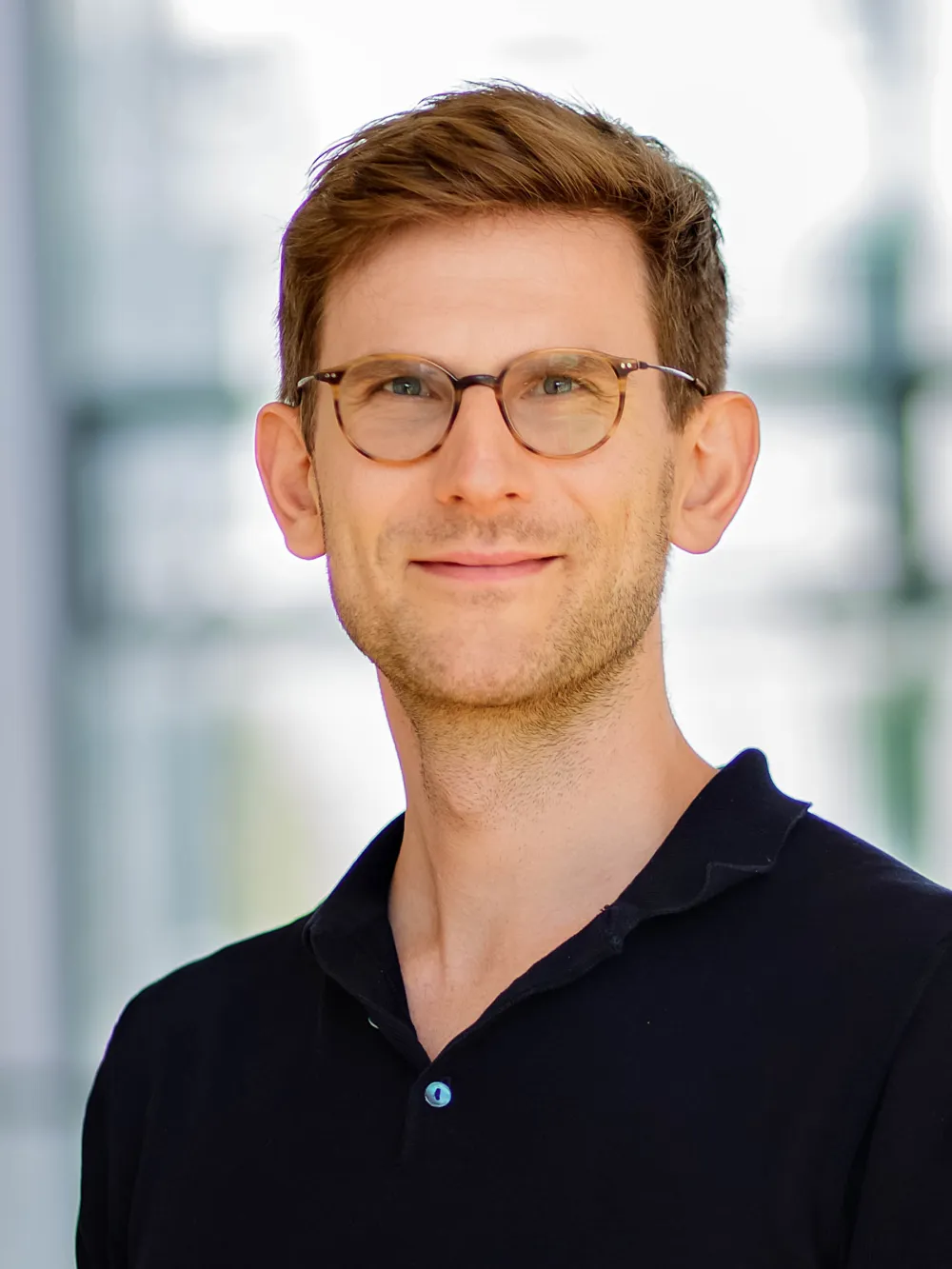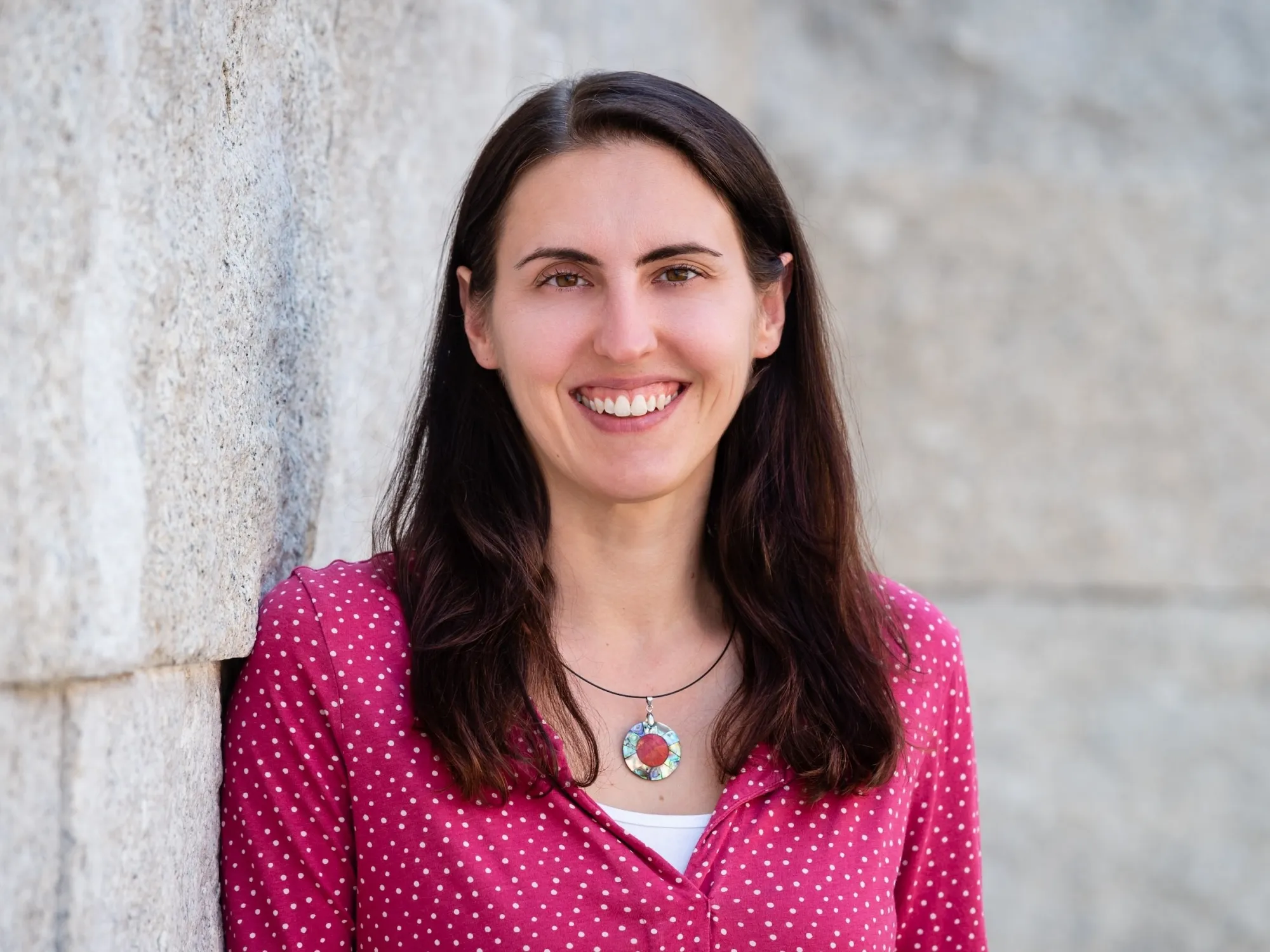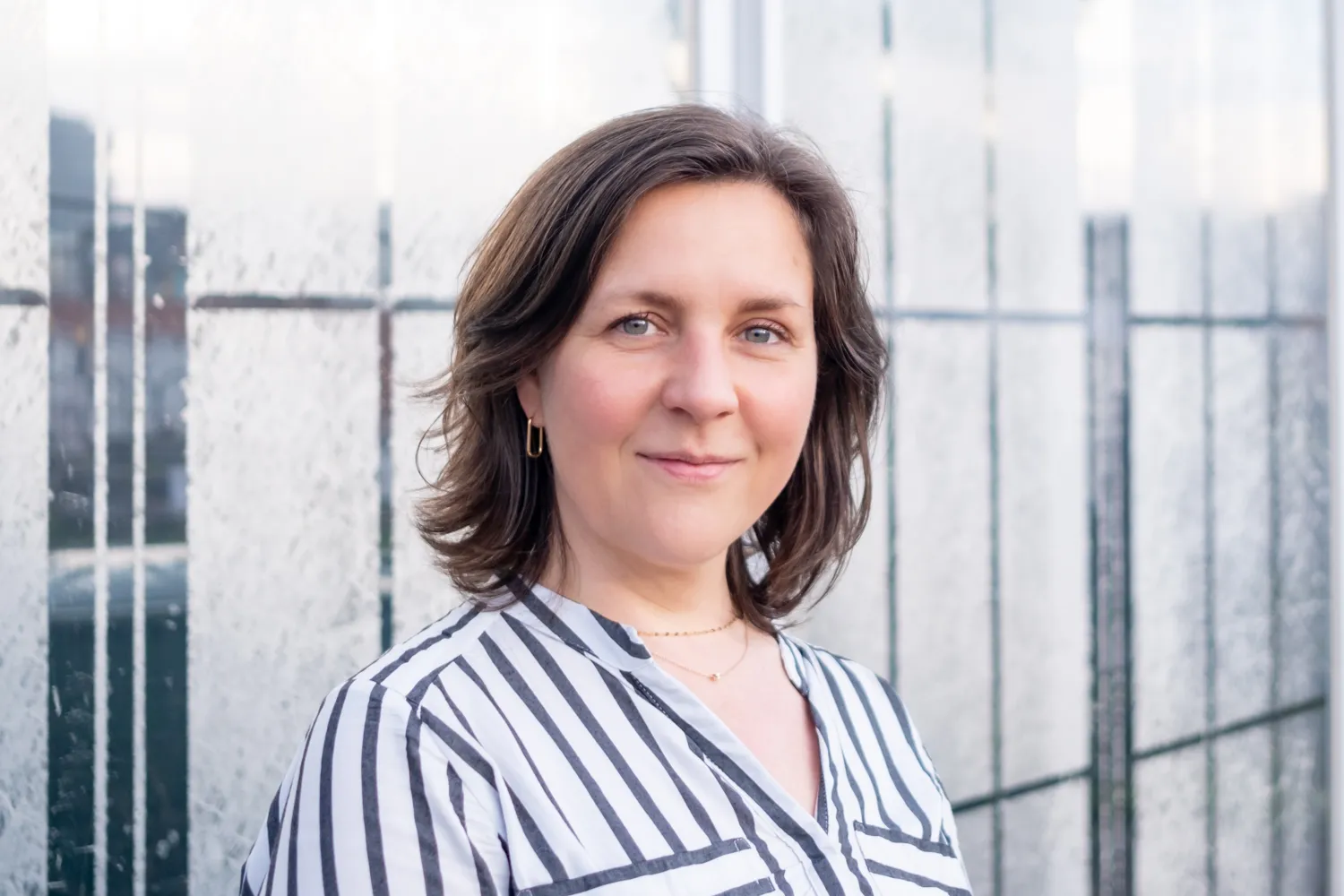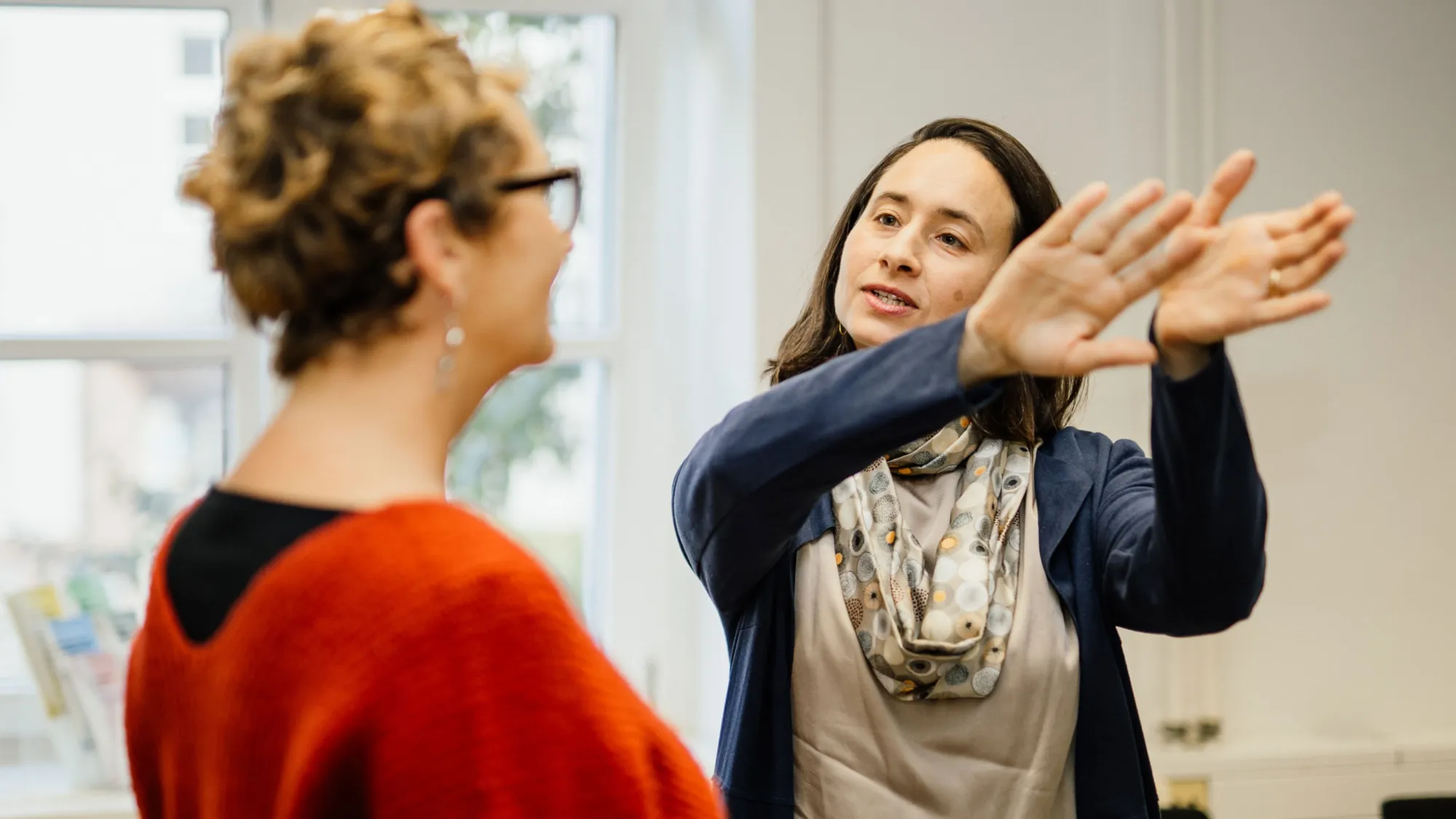Action-centred coaching is, like the name suggests, action-oriented, but also relationship-focused and sensitive to private and professional roles. Based on a humanistic view of the human being and psychodrama, our training offers a profound understanding and methods for practical application in your own field of work. In the individual modules, we work on many exemplary questions for coaching processes. For this purpose, we integrate approaches from systemic counselling, psychodynamic conflict theory, transactional analysis and theme-centred interaction.
Action-Centred Coaching

25/04/2025 – 04/07/2026
12 ECTS
Studies/vocational training + professional experience, practical connection with a counselling focus
3,490 euros (5 % discount for FHP alumni)
Recognised in Brandenburg and Berlin
At a glance
The core of action-centred coaching is a humanistic attitude based on the psychodramatic theory of J. L. Moreno. The emotional level is the starting point for a coaching approach that promotes a change of perspective and empathy. Our training programme focuses on the following areas:
- action-orientation: participants learn to support clients in actively exploring and finding solutions to their issues
- examination of relationship and role patterns: this involves recognising and reflecting on patterns of action
- humanistic approach: emphasising the individual needs and potential of each client, with a focus on helping them to help themselves
The programme is aimed at coaches and consultants as well as specialists and managers in social and educational institutions or in human resources and organisations.
Participation requirements
- completed university degree/vocational training and relevant professional experience
- completed additional qualification in the field of counselling or several years of counselling experience
- practical experience for the duration of the training programme
- reflected own behaviour in groups and willingness to engage in self-awareness processes
Send us an overview of your professional career and qualifications by e-mail. We will check in advance whether you fulfil the participation requirements.
Study focus
- Introduce, accompany and finalise coaching processes for professional and personal issues
- Develop a self-image as a coach
- Get to know creative and action-centred methods for clients
- Develop working hypotheses, clarify assignments and try out targeted interventions
- Applying the acquired knowledge in peer groups accompanying the course
Work method
- theoretical and practice-orientated inputs
- practical work: work on case studies and key topics of the participants
- peer group and individual case work, intervision groups
- case work, exchange in plenary, practice in small groups, practice under live supervision
Modules & contents
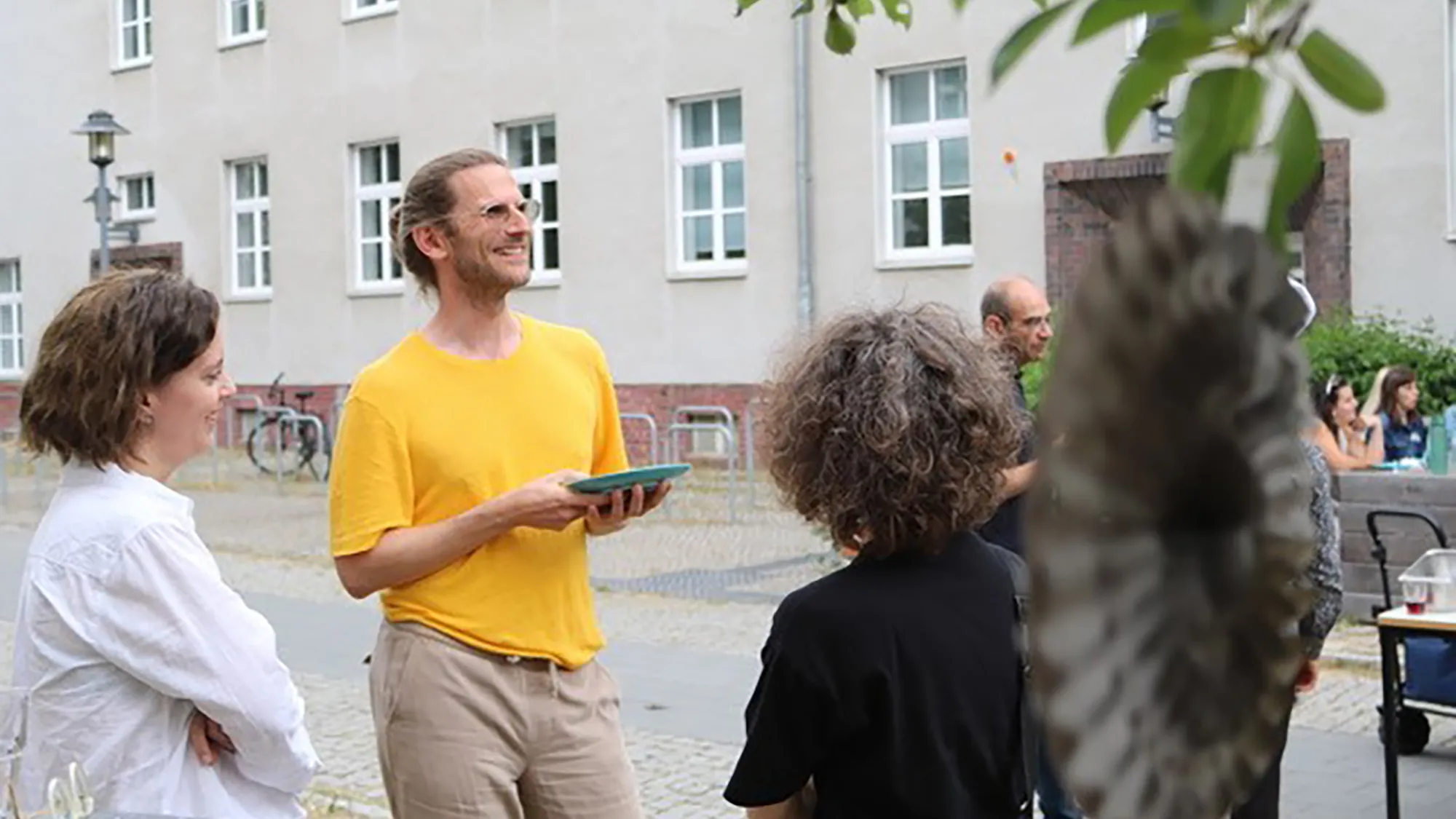
Aktionszentriertes Coaching: Handeln im Fokus
Im November 2024 startet die Weiterbildung „Aktionszentriertes Coaching“. Im Interview erläutert Prof. Dr. Karsten Krauskopf, wie szenische und spielerische Methoden im Coaching helfen, Handlungsalternativen zu entdecken und starre Muster aufzulösen. Erfahren Sie, welche Zielgruppen angesprochen werden, welche Kompetenzen Teilnehmende erwerben und wie Peergruppenarbeit das Lernen intensiviert.
Registration & Information
ZEW – Further Education Unit
Weitere Kurse
Systemische Organisationstransformation
Sie arbeiten in der Organisationsentwicklung und möchten Ihre Einrichtung zukunftsfähig machen? Im Herbst 2025 startet unser neuer Kurs für Expert*innen, die mit Leidenschaft Einrichtungen transformieren.
Werkstatt für Systemische Aufstellungen
Systemische Ansätze sind aus der Coaching- und Beratungspraxis nicht mehr wegzudenken. Die Werkstatt kann vorbereitend, begleitend zum Zertifikatskurs oder als alleinstehende Weiterbildung belegt werden.
Systemische Aufstellungen: Zertifikatskurs
Neue Impulse für Beratung und Coaching: Der Zertifikatskurs Systemische Aufstellungen vermittelt fundierte Methoden nach Varga von Kibéd & Sparrer, um Perspektiven zu erweitern und Lösungen sichtbar zu machen.
